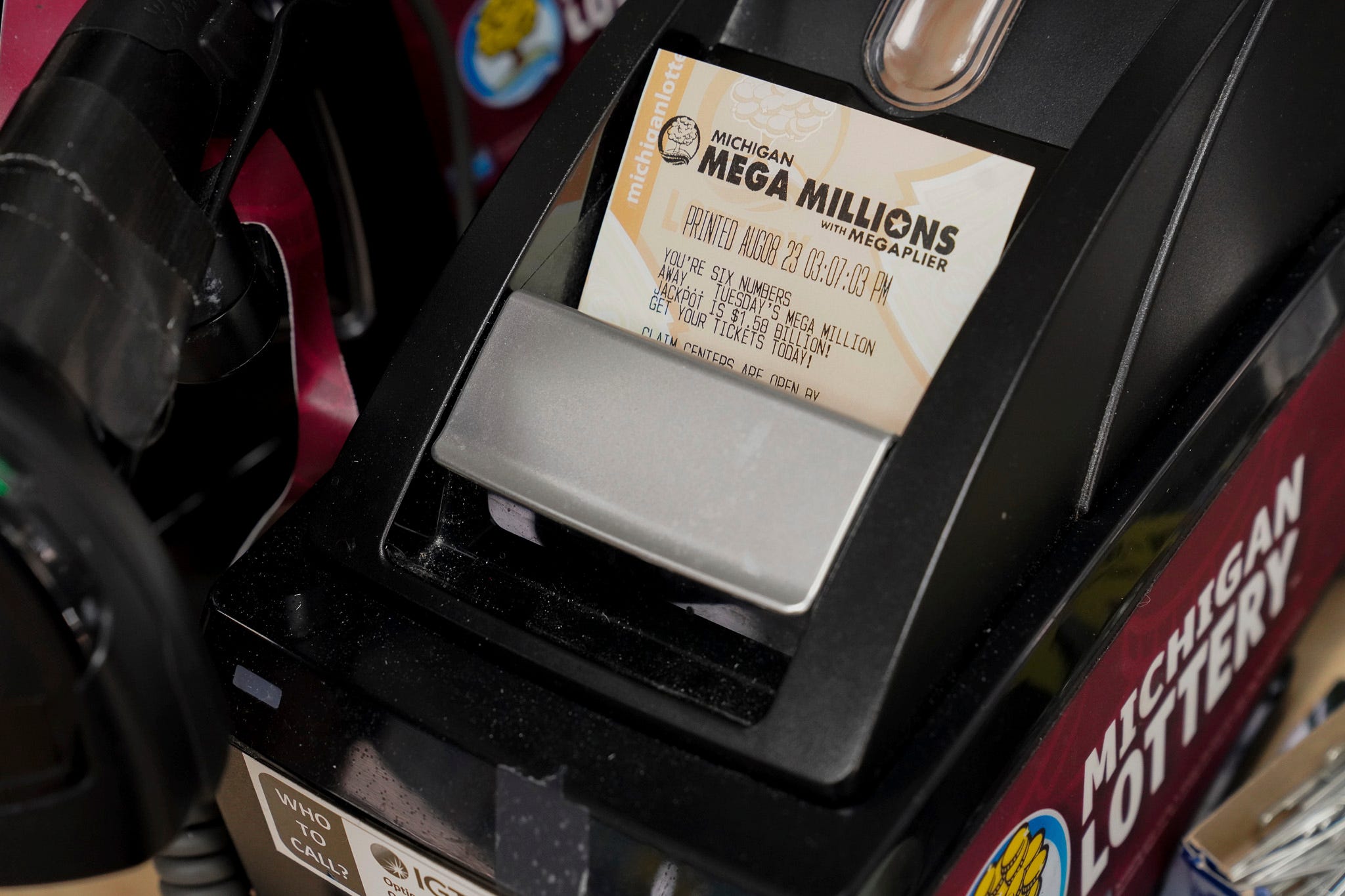Dozens of New Yorkers complained last year that NYPD officers lashed out at them after they pulled out video cameras to record a police search or confrontation despite their legal right to do so, according to data obtained by NBC 4 New York's I-Team, prompting a review by the independent agency overseeing police misconduct claims.
The Civilian Complaint Review Board investigated 42 cases over a six-month span in 2014 where civilians videotaped police, according to a meeting report. In 27 of those cases, the complainant accused police of acting inappropriately in response to being videotaped. The investigation was prompted primarily by a rash of similar anecdotes, and no historical comparative data exists.
The law is very clear that officers should not interfere with a person videotaping a police interaction, as long as the individual is not hindering their law enforcement work. Officers also may not deliberately block the person’s view of what’s happening in order to obstruct the recording.
Jason Disisto is among the dozens who complained last year about how he was treated for recording a police encounter. He says he thought something was off when he saw an officer walk up to his friend on the street and search her pockets, so asked a bystander to borrow a cellphone.
As Disisto went to switch on the phone's video camera, the police officer searching his friend jumped on him and tried to grab the phone, according to surveillance video. Officers pushed him into the back of a police car, placed him under arrest and tossed the phone out the window before driving off.
"I was shocked. I was scared, shocked. I had a whole bunch of feelings all mixed up," Disisto said.
One of the officers swore after the fact in a complaint that Disisto lunged at him, swinging at him with a closed fist. Disisto's lawyer argued that this account was inconsistent with a video taken of the incident. Eventually, all charges against Disisto were dropped.
Local
The NYPD told the I-Team that two of the three officers involved in his case were placed on modified assignment in December, and that the matter is being investigated jointly by the Internal Affairs Bureau and the Manhattan district attorney's office.
Representatives for the two officers could not be reached for comment.
Alexis Karteron, a senior attorney with the New York Civil Liberties Union who represents a woman who, like Disisto, was falsely arrested for videotaping police activity, says better training is needed.
There is very little in the police training manual about how to respond when a bystander records an encounter, Karteron said. She pointed out that when many officers were trained, cellphone video cameras were not nearly as commonplace as they are now.
"The problem that we have here is that there is a difference between what’s written in NYPD policy and what the law protects, and what’s actually happening on the street,” Karteron said.
Disisto's attorney, David Rankin, said his client's case is unusual because the encounter was captured on surveillance from three different angles. The footage started well before Disisto arrived and paints a clear picture of what prompted the confrontation and how it went down, Rankin says.
Disisto filed a lawsuit against the city, the NYPD and the officers involved in the encounter Tuesday.
"The ability to record their conduct to create objective evidence of what our government is doing is absolutely essential for the safety of all New Yorkers,” Rankin said.
The CCRB did not comment on its probe.



